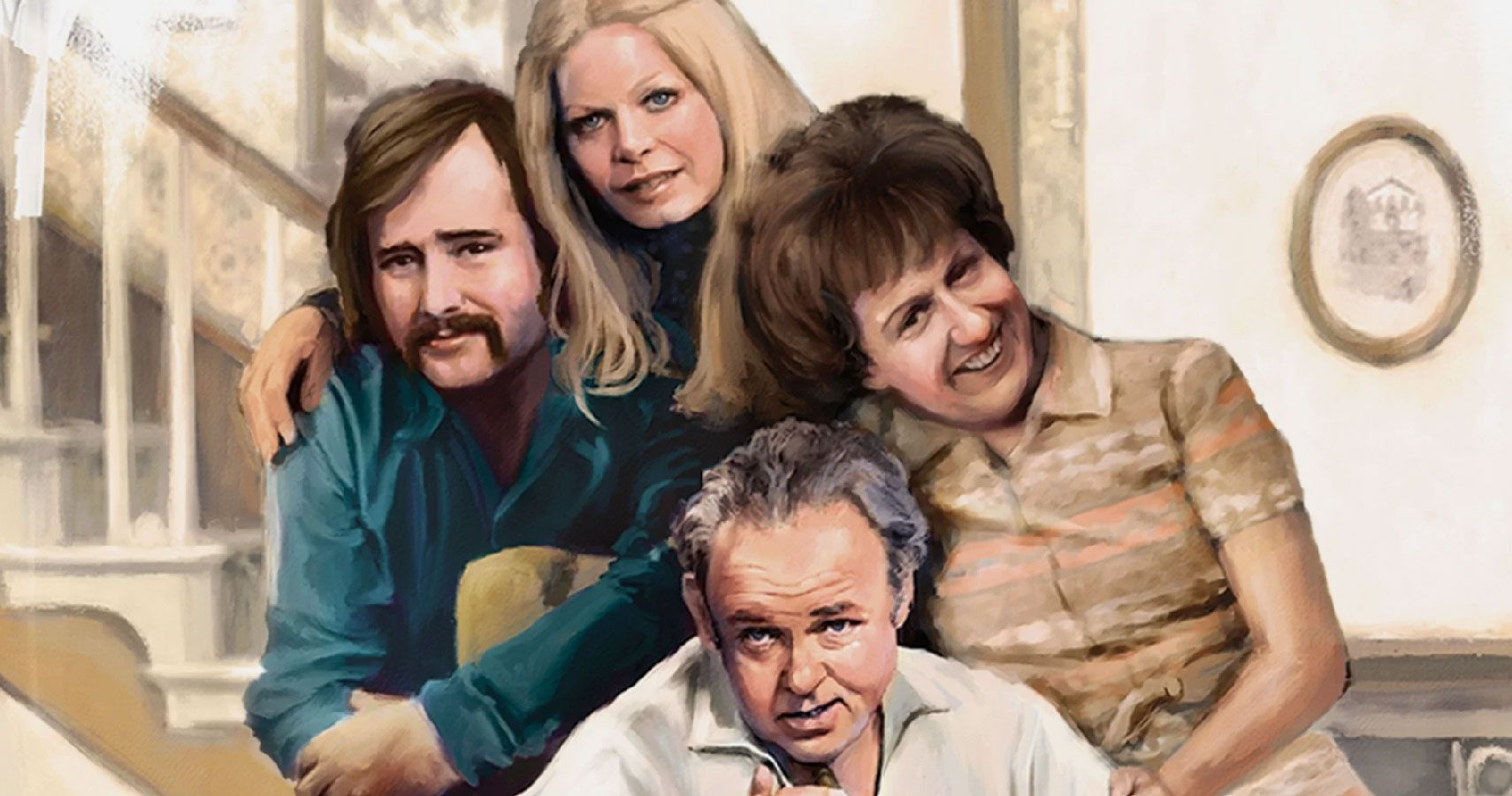
Introduction
In the history of American television, few shows have had as much of a cultural impact as All in the Family. Airing from 1971 to 1979, this groundbreaking sitcom didn’t just entertain—it reshaped how TV could address controversial issues. With its raw humor and fearless portrayal of American society, All in the Family became a symbol of change in television. Now, more than 40 years later, it remains an essential part of the television landscape, and here’s why you should still be watching today.
The Boldness of All in the Family’s Storytelling
All in the Family broke the mold of typical sitcoms by embracing the boldness of storytelling. It dared to take on issues that had long been considered off-limits for network television—racism, gender roles, politics, and class divisions. At the center of this social commentary was Archie Bunker, the gruff, bigoted, yet surprisingly lovable patriarch, portrayed by Carroll O’Connor. Archie’s struggles with the world around him reflected the growing tensions in American society during the 1970s.
The show didn’t just make fun of Archie’s ignorance—it used his character to reveal the flaws in the broader societal mindset of the time. His ridiculous views on race, gender, and politics sparked thought-provoking discussions among viewers. While Archie may have represented a certain conservative worldview, the show allowed us to laugh at him while forcing us to look critically at our own societal values.
Archie Bunker: The Iconic Character You Love to Hate
Archie Bunker was, without a doubt, one of television’s most controversial characters. His unabashed, often offensive views made him the epitome of the unfiltered American working-class bigot. Yet, the brilliance of All in the Family was how it turned this character into a mirror for the audience. Archie was not just a caricature; he was a deeply flawed human being, shaped by the times he lived in.
What makes Archie’s character so compelling is the way he evolves throughout the series. While initially, he comes across as the quintessential ‘man of the house’ with outdated views, as the show progresses, we see his vulnerabilities. Whether it’s his love for his family, his fear of change, or his awkward attempts at understanding social issues, Archie’s complexity is what makes him one of the most iconic characters in television history.
The Supporting Cast: A Perfect Balance of Humor and Heart
While Archie stole the show, the supporting characters were integral to the series’ success. Edith Bunker, played by Jean Stapleton, was the perfect counterbalance to Archie’s brashness. Sweet, naive, and full of heart, Edith brought warmth and humor to the series. In many ways, she was the glue that held the family together, offering moments of tenderness that provided a respite from Archie’s constant outbursts.
Mike Stivic (aka “Meathead”), played by Rob Reiner, brought in the liberal perspective that often clashed with Archie’s views. Their constant back-and-forth on everything from politics to everyday issues provided the show with endless opportunities for comedic moments, while also addressing serious social issues. Gloria, played by Sally Struthers, further deepened the generational and ideological conflicts, adding another layer to the dynamics of the Bunker household.
Why All in the Family Still Resonates Today
Even decades after its original run, All in the Family is still incredibly relevant. Many of the themes that the show addressed—racism, sexism, class struggles—are still present in society today. In fact, some of the issues that the show tackled feel more pertinent than ever, especially in an age where social and political divisions are at the forefront of national conversations.
The show’s unapologetic approach to these topics allowed it to be a platform for dialogue. It made people laugh, but it also forced them to confront uncomfortable truths. And that’s what made it so revolutionary—All in the Family didn’t just reflect society; it challenged it. In a time when comedy was seen as lighthearted and non-political, this sitcom showed that humor could be a tool for social change.
Conclusion: A Timeless Classic
All in the Family remains an essential part of TV history because it dared to do what no other show had before. It wasn’t just a sitcom—it was a cultural phenomenon that challenged the status quo and made people think. If you haven’t yet experienced the brilliance of All in the Family, it’s time to dive in. Whether you’re a fan of classic TV or just looking for something that pushes the boundaries of humor, All in the Family is still as relevant today as it was over 40 years ago.
